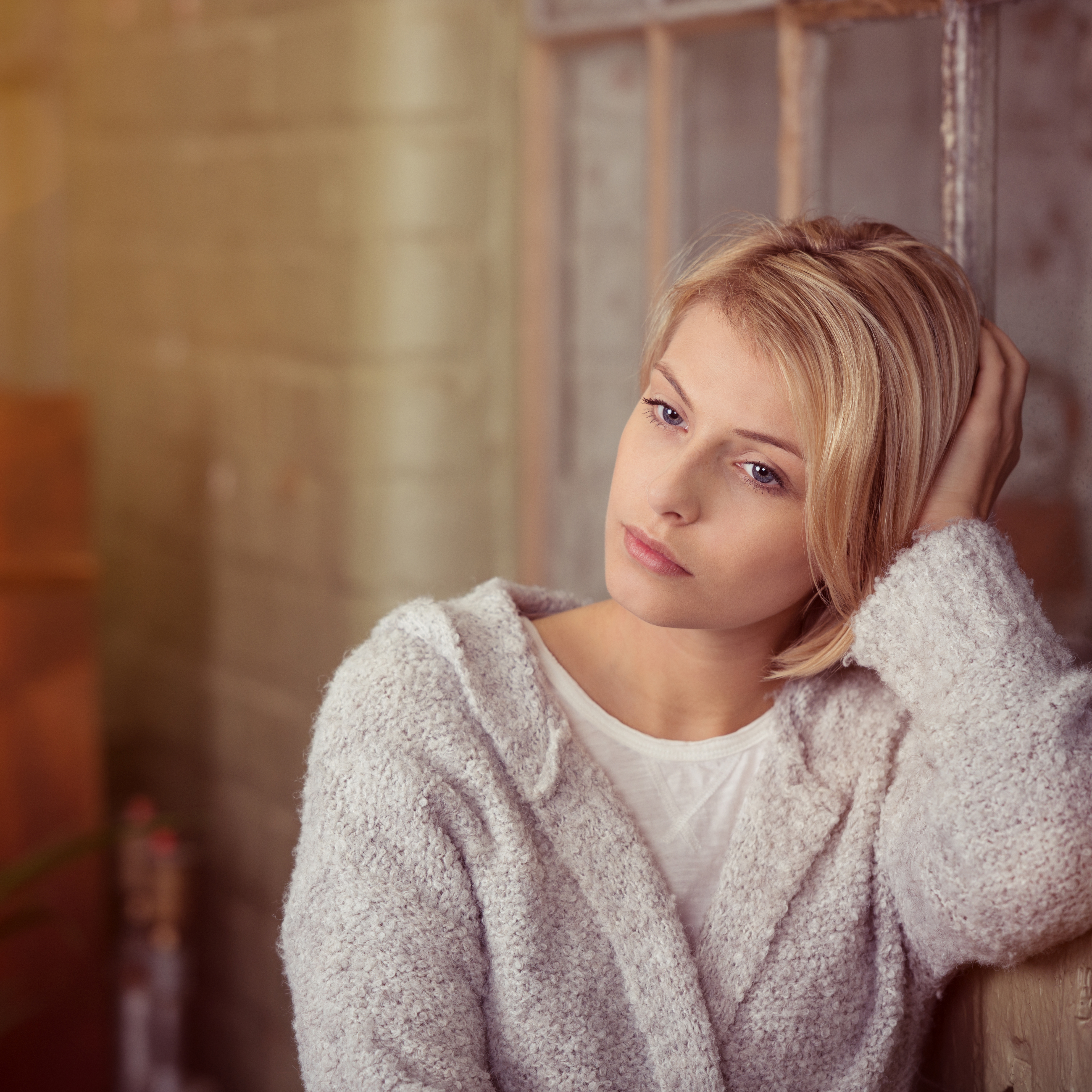Does the heat and humidity of summer trigger your migraine? If so, you aren't alone. Some people who have migraines appear to be more sensitive to changes in the weather.
Journalists: Broadcast-quality video pkg (1:00) is in the downloads at the end of the post.
Please "Courtesy: Mayo Clinic News Network."Read the script.
So how and why does summer weather sometimes trigger these headaches?
"That is a great question," says Dr. Rashmi Halker Singh, a Mayo Clinic neurologist. "Patients ask me that all the time. We don’t have a great answer."
For some people, extreme weather conditions may cause imbalances in brain chemicals, which eventually can lead to the severe throbbing pain of a migraine.
"A lot of people with migraines feel that sunlight glare is a trigger," Dr. Halker Singh says.
Other weather triggers include high humidity, extreme heat and dry air. Dr. Halker Singh says these conditions may lead to another migraine creator.
"In the summertime, when it’s really hot outside, a lot of people forget to maintain adequate hydration," she explains. "And dehydration can certainly be a risk for migraine attacks to happen."
Dr. Halker Singh’s advice to people with migraines is to avoid extremes – in summer weather and everyday schedules.
"Be consistent with your eating habits; be consistent with your sleep," she stresses. "Sometimes skipping meals can be a migraine trigger. Sometimes not sleeping enough or sleeping too much can also be a trigger. So maintaining consistency with that is important."
Related posts:
- COVID-19: Tips to reduce migraines for those susceptible to stress.
- Consumer Health: Understanding migraine headaches.
- Tuesday Tips: 3 things your loved one with migraines wants you to know
For the safety of its patients, staff and visitors, Mayo Clinic has strict masking policies in place. Anyone shown without a mask was either recorded prior to COVID-19 or recorded in a nonpatient care area or where social distancing and other safety protocols were followed.







